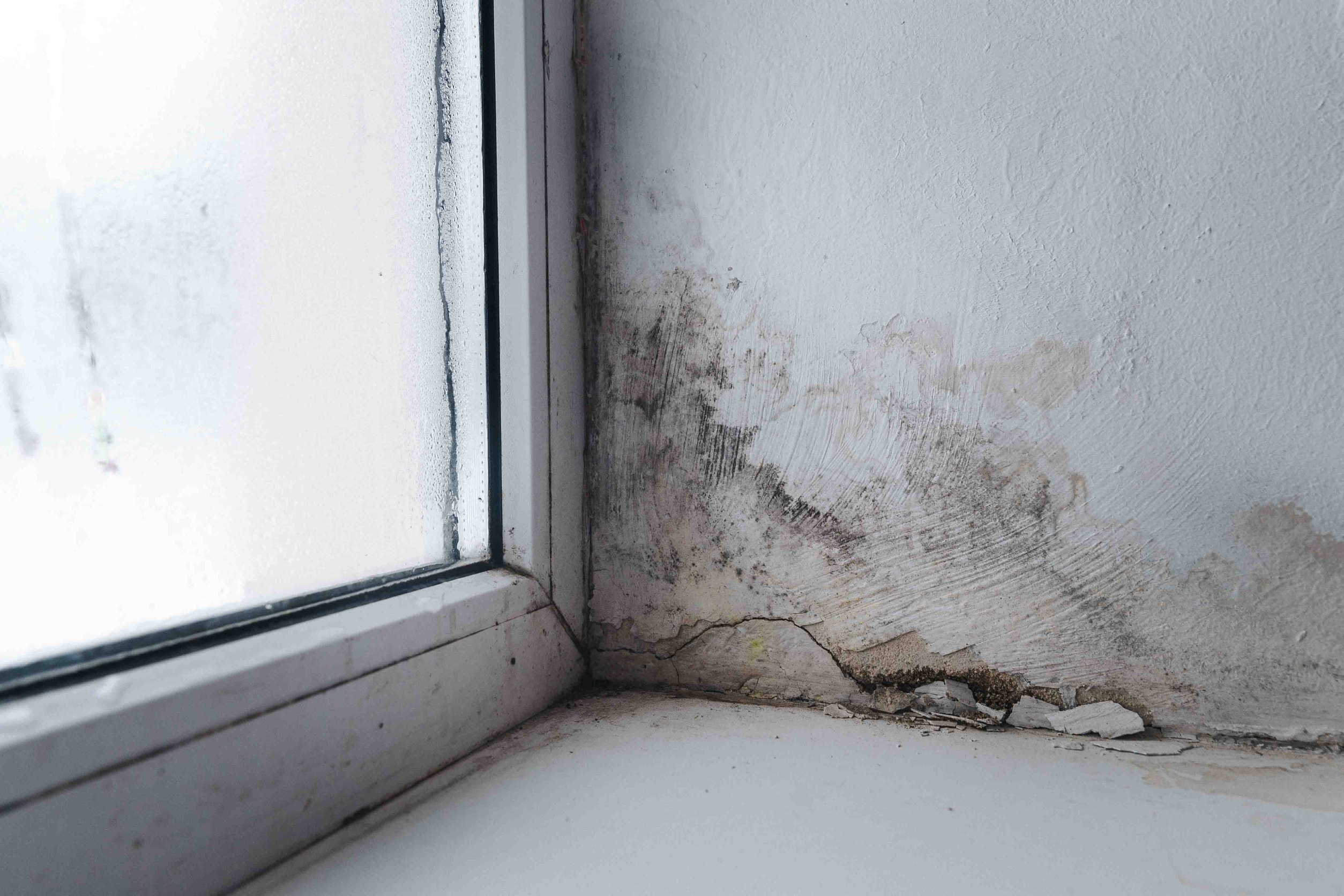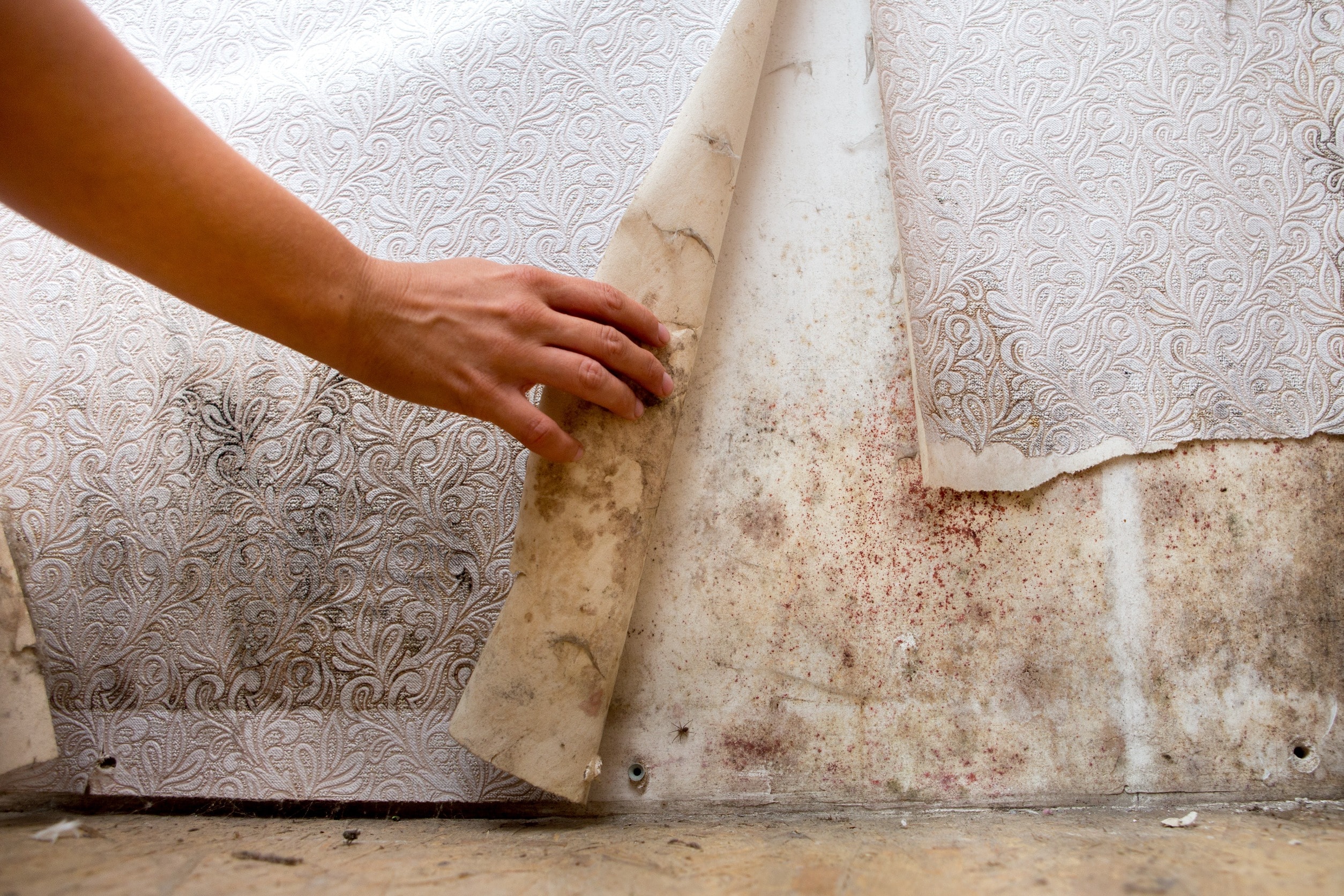If you’re living in a housing association home that is in poor condition, you may be wondering how to sue a housing association for disrepair and injury. Whether you’ve been affected by mould, damp, faulty wiring or structural damage, the law is clear: your landlord is legally responsible for ensuring your property is safe, secure and fit for human habitation.
Key Takeaways
- Housing associations and local councils have a legal duty to maintain safe and habitable properties
- You could claim compensation for disrepair and any injuries or losses caused
- Evidence such as photos, medical records, and correspondence is vital for your claim
- Our panel of solicitors can support you on a No Win No Fee basis
- Strict time limits apply, so don’t delay taking action
Contact Us
To discuss your particualr circumstances as see whether you may be able to make a housing disreapir claim, you can contact our advisors:
- Calling us on 0800 408 7827
- Using the live chat feature
- Contacting us online
Jump To A Section
- How To Sue A Housing Association For Disrepair
- How To Sue The Housing Association For Personal Injury
- What Are Landlord Responsibilities For Disrepair?
- What Disrepair Can I Sue A Housing Association For?
- Examples Of How Disrepair Can Lead To An Injury
- The Average Compensation For A Housing Disrepair Claim
- The Evidence Needed To Sue A Housing Association
- How Long Is Given To Bring A Disrepair Claim?
- How To Sue A Housing Association On A No Win No Fee Basis
- Get Help And Advice From How To Sue
- More Information
How To Sue A Housing Association For Disrepair
Bringing a housing disrepair claim begins with identifying whether your housing association has breached its legal responsibilities. Under Section 11 of the Landlord and Tenant Act 1985, housing associations are obligated to keep their properties in good repair. This includes maintaining the structure and exterior of the building, as well as ensuring that essential utilities such as water, gas, and electricity are safe and functional.
If you have notified your housing association of an issue and they have failed to resolve it within a reasonable timeframe, you may be entitled to claim compensation for the disrepair.
Our panel of solicitors specialise in claims against housing associations and can help you hold them accountable. With years of experience handling similar cases, they will ensure your claim is professionally managed from start to finish. Get in touch today to learn more.
How To Sue The Housing Association For Personal Injury
If disrepair in your housing association property has caused you to suffer a personal injury, you could be entitled to compensation under Section 4 of the Defective Premises Act 1972. This law places a duty of care on landlords, including housing associations, to prevent tenants from being harmed by unsafe living conditions.
To make a personal injury claim, you must demonstrate that:
- The housing association was aware of the disrepair
- They failed to take action in a reasonable amount of time
- You sustained a physical or psychological injury as a direct result
Common injuries include:
- Respiratory conditions caused by damp or mould
- Broken bones from slips, trips and falls
- Electric shocks from faulty wiring
Our panel of solicitors can guide you through the process of claiming for personal injury. They can collect the evidence, arrange for medical assessments, and handle the legal proceedings, all on a No Win No Fee basis. Contact our advisors to learn more.
What Are Landlord Responsibilities For Disrepair?
Landlords, including housing associations, have a legal duty to ensure that the homes they provide are safe, secure and fit for human habitation. These responsibilities include:
- Structure and Exterior: Ensuring walls, roofs, windows, and doors are in good condition
- Installations: Maintaining water, gas, electrical systems and heating installations
- Habitability: Addressing damp, mould, infestations, and ensuring proper sanitation
- Timely Repairs: Responding to tenant reports of disrepair promptly and efficiently
- Communication: Keeping tenants updated on repair progress and timelines
If your landlord fails to meet these obligations, they may be held liable for the consequences. This could include property damage, health problems, and disruption to your life.
Our panel of solicitors understand housing legislation and will ensure your case is handled professionally. Get in touch to get started, or keep reading to learn more about how to sue a housing association for housing disrepair.
What Disrepair Can I Sue A Housing Association For?
You may be able to take legal action if your housing association fails to repair or prevent the following issues:
- Persistent mould and damp
- Faulty or exposed electrical wiring
- Roof or ceiling leaks
- Broken boilers or heating systems
- Pest infestations
- Unsafe stairs or handrails
- Cracks in walls or foundations
- Blocked or broken drains
If you have reported these problems and your housing association has failed to act, this could be considered a breach of contract and housing law.
Our panel of solicitors can investigate your case, compile the necessary evidence and help you claim compensation for the housing association’s failure to uphold their legal responsibilities. Keep reading to learn more, or get in touch today to get started.
Examples Of How Disrepair Can Lead To An Injury
Unsafe living conditions can result in serious harm. Examples include:
- A ceiling collapses due to a reported leak that your landlord ignored, and causes a head injury
- Damp and mould caused by broken ventilation systems, ignored by your landlord, trigger chronic asthma or bronchitis
- Your landlord knows the stairs are broken, but instead of having them fixed, he tells you to wedge them with a newspaper. This leads to a fall and a hip injury.
- An inspection finds that the wiring in your house is faulty. Your landlord is aware of this, but instead of having it fixed, they tell you not to use the lights. This causes an electric shock injury and brain damage.
The consequences of housing disrepair can be devastating, especially when the housing association had the opportunity to prevent it. If you’ve suffered due to inaction, you may be entitled to compensation for medical expenses, lost income, and emotional distress.
Speak to a member of our team to learn more about how to sue a housing association. You can also keep reading to learn about compensation.
The Average Compensation For A Housing Disrepair Claim
Compensation payouts can cover both general and special damages. General damages relate to the pain and suffering you have endured and are based on the type and severity of injury you’ve experienced. These damages are typically assessed with the help of the Judicial College Guidelines (JCG), which provide guideline compensation ranges for different categories of injury.
You can see some examples of these below, but keep in mind that they are only guidelines, and the first entry isn’t from the JCG.
| Injuries | Compensation |
|---|---|
| Multiple severe injuries and financial losses. including lost earnings | Up to £1,000,000+ |
| Very Severe Brain Damage | £344,150 to £493,000 |
| Severe Psychiatric Damage | £66,920 to £141,240 |
| Severe PTSD | £73,050 to £122,850 |
| Severe Arm Injuries (i) | £117,36 to £159,770 |
| Severe and Permanent Disabling Asthma | £52,550 to £80,240 |
| Chronic Asthma | £32,090 to £52,490 |
| Bronchitis and Wheezing | £23,430 to £32,090 |
| Severe Ankle Injuries | £38,210 to £61,090 |
| Toxic Fume Or Smoke Inhalation | £6,500 to £15,370 |
Housing Disrepair Special Damages
Special damages cover financial losses or out-of-pocket expenses resulting from the disrepair or injury. These may include:
- Loss of earnings, past and future
- Cost of alternative accommodation if your property was uninhabitable
- Medical treatment, prescriptions and private care
- Damaged personal possessions
- Transport costs to medical or legal appointments
- Counselling or therapy for psychological harm
You will need to prove these finanial losses in order to claim compensation for them, this may include incoives and bank statements.
Our panel of solicitors will carefully assess both your general and special damages to ensure you receive the maximum compensation possible.
The Evidence Needed To Sue A Housing Association
To make a strong housing disrepair claim, you’ll need solid evidence. This could include:
- Photographic Evidence: Images of the disrepair and any visible injuries
- Medical Evidence: GP records, hospital visits and prescriptions
- Correspondence: Emails, letters, or texts showing when you reported the disrepair
- Witness Contact Details: From neighbours, visitors, or contractors, so that their statements can be taken later
- Independent Reports: From surveyors or environmental health officers
Our panel of solicitors can help you compile this evidence and ensure your claim has the best possible chance of success.
How Long Is Given To Bring A Disrepair Claim?
There are strict legal time limits, also known as limitation periods, that determine how long you have to bring a housing disrepair claim. These vary depending on the nature of your claim.
Housing Disrepair Claims (Property Only)
If your claim relates solely to the property being in disrepair, and not to any injury caused by it, the standard time limit is up to 6 years. This period usually starts from the date you first reported the issue to your landlord, and they failed to carry out the necessary repairs within a reasonable timeframe.
Personal Injury Claims (Due to Disrepair)
If your claim involves a personal injury caused by the disrepair, such as respiratory illness from damp or a broken bone from a damaged staircase, the time limit is shorter. You have 3 years from the date of the injury to begin legal proceedings.
To learn more about the time limits introduced by the Limitation Act 1980, or to get started on your housing association claim, contact our team today.
How To Sue A Housing Association On A No Win No Fee Basis
One of the most accessible ways to sue a housing association with the help of an expert solicitor is through a No Win No Fee agreement. Our panel of solicitors specifically work under a Conditional Fee Agreement (CFA). This means:
- You won’t pay any solicitor service fees at the start of your claim.
- If your claim doesn’t succeed, you won’t be responsible for your solicitor’s fees.
- If your claim is successful, a capped success fee will be deducted from your compensation, ensuring you keep the majority of your award. The law also limits the percentage this fee can be.
Our panel of solicitors are experts in housing disrepair claims and offer tailored support on a No Win No Fee basis. They can:
- Assess your case in a free, no-obligation consultation.
- Explain your legal rights clearly and honestly.
- Walk you through the terms of the CFA so you can proceed with confidence.
- Help gather strong evidence including photographs, reports, and medical records.
- Arrange independent medical assessments if you’ve suffered injury or illness.
- Handle negotiations with the housing association on your behalf.
- Represent you in court if necessary to pursue the compensation you deserve.
To learn more about how a solicitor from our panel could help you, contact our advisors today.
Get Help And Advice From How To Sue
At How To Sue, we understand how stressful and frustrating it can be to live in a home that is not fit for human habitation. You should never have to tolerate poor living conditions, especially when your landlord is legally required to maintain the property.
To see if one of the expert solicitors on our panel could help you make a housing disrepair claim, you can contact our advisors today, by:
- Calling us on 0800 408 7827
- Using the live chat feature
- Contacting us online
More Information
Learn more about making a personal injury claim:
- Can I Sue Someone For A Personal Injury?
- How To Sue For Getting Stuck In A Lift
- How To make A Hand Injury Claim
- How To Sue For A Defective Product
Or, for more resources:
- Information on council housing and housing associations from Gov.UK
- Learn about housing association homes from Gov.UK
- Get help with the health risks of damp and mould from Gov.UK
Thank you for reading our guide on how to sue a housing association.




